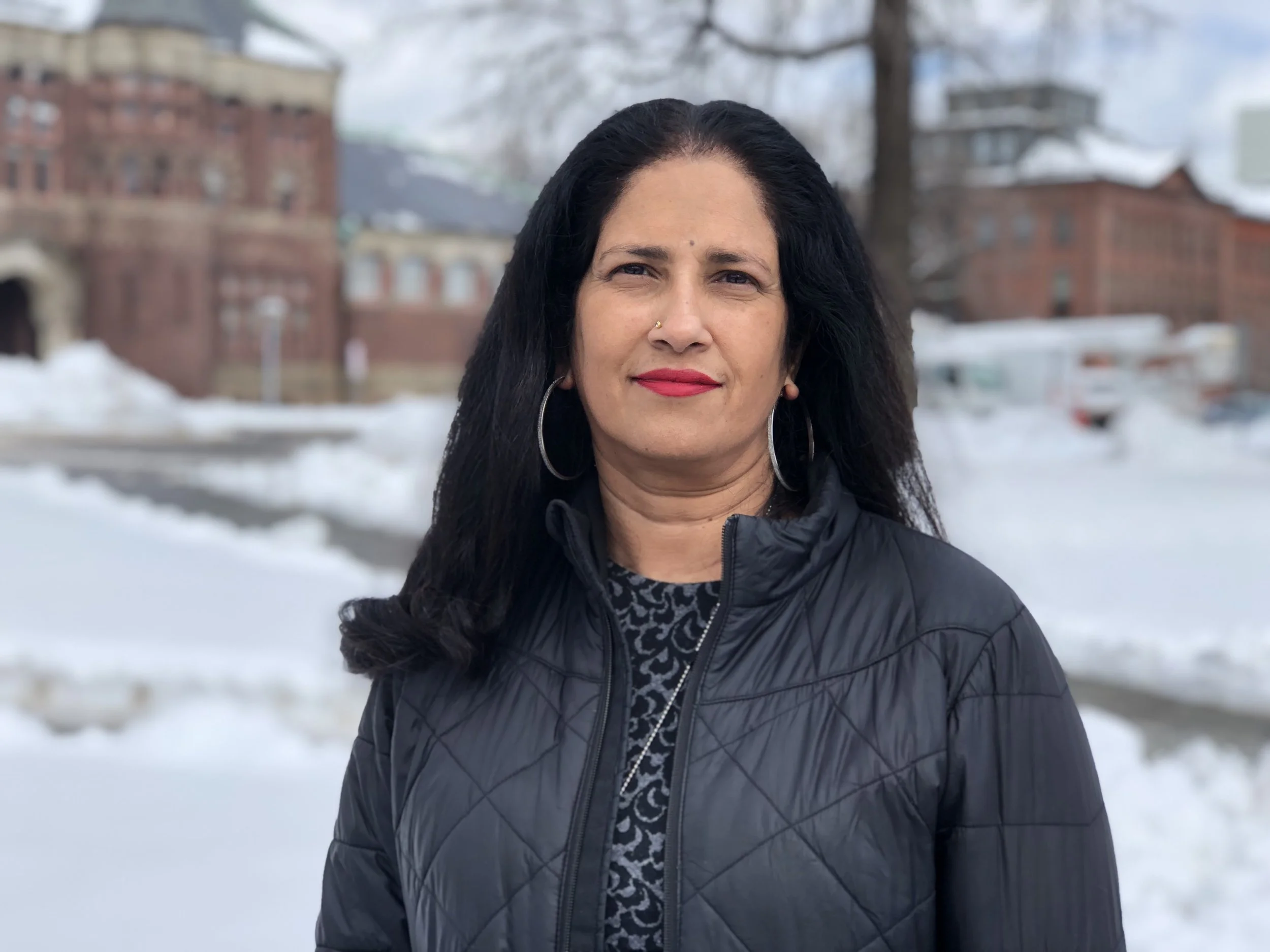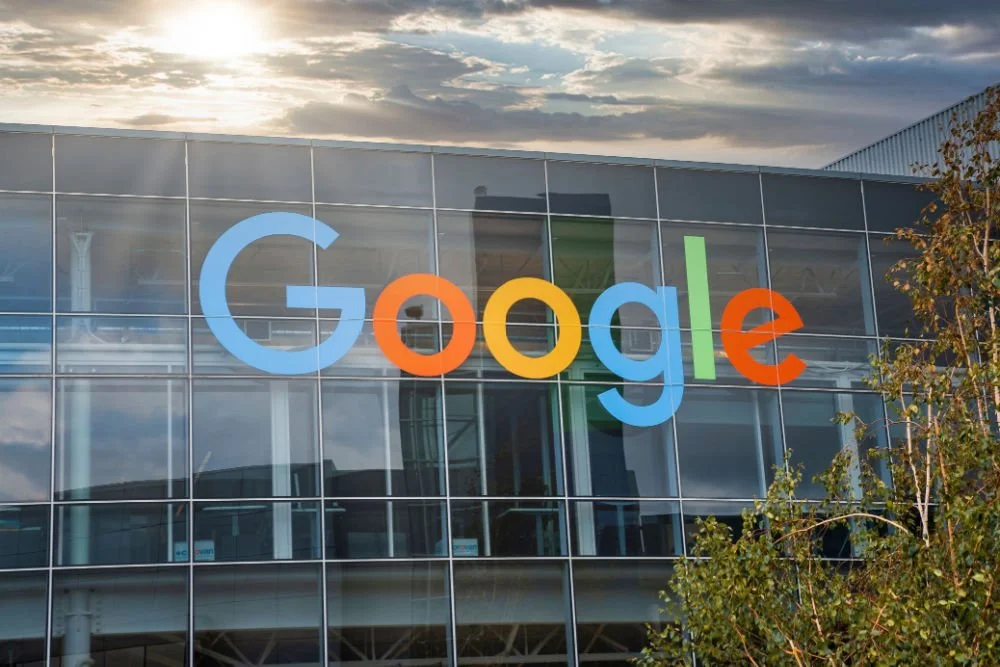Close To Home and Bottom Up: Chan Zuckerberg's New Local Giving
/photo: sevenMaps7/shutterstock
As the tech industry has boomed in the Bay Area in recent years, there's also been a rise in income inequality and the economic pressures on households of modest means. Calls have mounted for tech leaders to address these problems and get more engaged in helping local communities.
Mark Zuckerberg and Priscilla Chan have lately emerged as among the region's most responsive philanthropists in this regard. In fact, besides Marc Benioff—the founder of Salesforce and a huge local donor—it's hard to think of any funders from the tech world who've given at a higher level locally in recent years. The couple's biggest gifts have been a $120 million 2014 pledge to Bay Area schools and $75 million in support announced in 2015 for the San Francisco General Hospital.
But those two mega-gifts turned out to be just the start of a very active set of local giving efforts. With the creation and expansion of the Chan Zuckerberg Initiative (CZI) over the past two years, the couple now have the capacity for more multi-faceted philanthropic and advocacy work in the Bay Area. CZI is best known for its investments in medical research and K-12 education. But as we've reported, it's rapidly evolving to take on other issues, including criminal justice and housing. Some of that new work is national, but CZI's local agenda is growing, too.
Earlier this year, as we reported, CZI made a grant to Community Legal Services in East Palo Alto, a group that works for housing justice in Silicon Valley. It also provided support to the Terner Center for Housing Innovation at UC Berkeley, which conducts research and policy work in this area. In 2016, CZI backed two successful local ballot initiatives to generate new funding for affordable housing. In September, it announced support of the TechEquity Collaborative, a new organization that's "organizing the tech community to advocate for a tech-driven economy in the Bay Area that works for everyone." Affordable housing is among the group's major areas of focus, along with transportation and workforce issues.
Last month, CZI took a big step to formalize and expand its local work through the launch of the CZI Community Fund to support local residents, community groups and leaders addressing critical issues in several Silicon Valley communities. The fund will work on challenges related to education, homelessness, housing, immigration, workforce development and transportation. These issue areas weren’t chosen on a whim; they were the topics identified as top priorities by Bay Area residents and community leaders.
Which brings us to an important point about the CZI Community Fund: It says it embraces a bottom-up approach to grantmaking. "Our giving in the Bay Area is guided by the belief that those most impacted by challenges should be guiding the development of solutions. To that end, we have been working with local leaders and supporting community organizations in the San Francisco Bay Area since our founding."
You'll recognize the significance of this statement if you've been closely watching how Mark Zuckerberg and Priscilla Chan have evolved as philanthropists in recent years. After Mark invested $100 million to support an effort to improve Newark's schools—an effort widely faulted for its top-down approach—he and Chan have stressed the importance of engaging key stakeholders in their initiatives to create social change. That's significant, given the couple's influence with other tech philanthropists who are emerging from the sector. More bottom-up and responsive giving isn't just more likely to be effective; it's less likely to generate a backlash. For all the calls on Silicon Valley moguls to do more for their local communities, it's not hard to imagine the conversation pivoting to how the new givers stepping forward are wielding too much power over community affairs.
The Bay Area is a large, diverse geographic region, spanning nine counties by most accounts. However, the focus of this new CZI fund is exclusively on Belle Haven, East Palo Alto, North Fair Oaks and Redwood City. Grants are between $25,000 and $100,000, with two tiers of funding.
The upcoming grant deadline is December 1, and applicants will be notified with final decisions by January 15. We’ll be curious to see how the first round of grantmaking from this new CZI fund plays out and how it compares to other locally focused efforts that have been mainstays in the region.
Related:







































